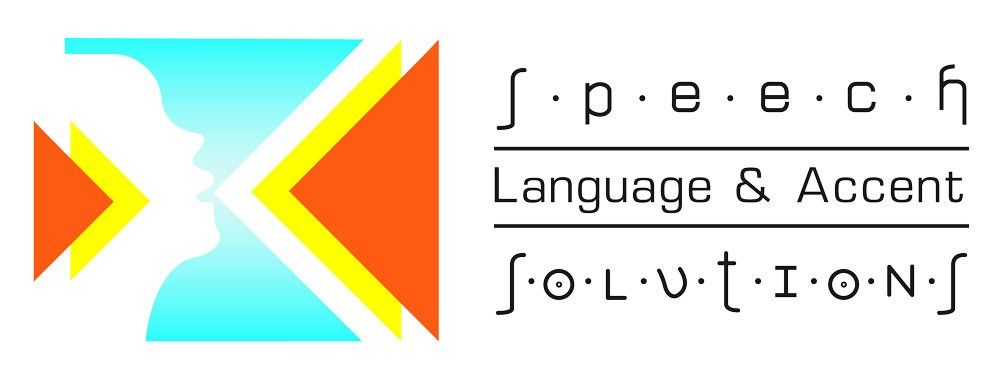New Paragraph

Speech & Language Services
Receive the Help You Need


Speech Disorders
Speech is simply the sounds that we say.
A speech disorder is characterized by difficulty making sounds. This difficulty may be due to a phonological (sound system) disorder or a neuromotor impairment, such as apraxia or dysarthria. Signs of a speech disorder include:
- Not speaking clearly
- Difficulty being understood
- Being less well understood than same-age peers
- Struggling to get sounds out
Speech Disorders Include:
- Phonological disorders (difficulty saying sounds),
- Childhood apraxia of speech (CAS) -the message is not getting through from the brain to the mouth, telling the mouth how to move to make specific sounds
- Apraxia (in adults)-the same problem as in children, except in adults the problem is caused by a brain injury such as a stroke, aneurysm, or head injury.
- Dysarthria- a speech disorder caused by muscle weakness. Dysarthric speech often sounds imprecise or slurred.
- Voice disorders - difficulty with pitch (too high or too low), resonance (too much or too little nasality), loudness (volume), quality (hoarse, breathy)
- Orofacial myofunctional disorders (abnormal movement patterns of the face and mouth, often coinciding with structural problems, mouth breathing, saliva loss, speech difficulty)
- Stuttering-difficulty speaking smoothly or fluently. You may see repetitions of sounds, syllable, words or phrases or someone getting “stuck” and being unable to make a sound at all.
Language
Language crosses many domains and skills: nonverbal, social, reading, writing and grammar. There are two parts to language: What we understand through listening or reading (receptive language) and what we express to other people through speaking or writing (expressive language). Sign language, although nonverbal, can be understood (receptive language) or expressed (expressive language).
Receptive language disorders make it difficult to understand what others are saying to you.
Expressive language disorders make it difficult to get your own message across to others.
Swallowing / Feeding
Orofacial Myofunctional Disorders
Accent Modification
Stuttering
Voice
Dyslexia / Literacy
Learning
Apraxia
Autism
ADHD
Cognitive Communication Disorders
And More
Call (541) 791-4959 to schedule an evaluation.






